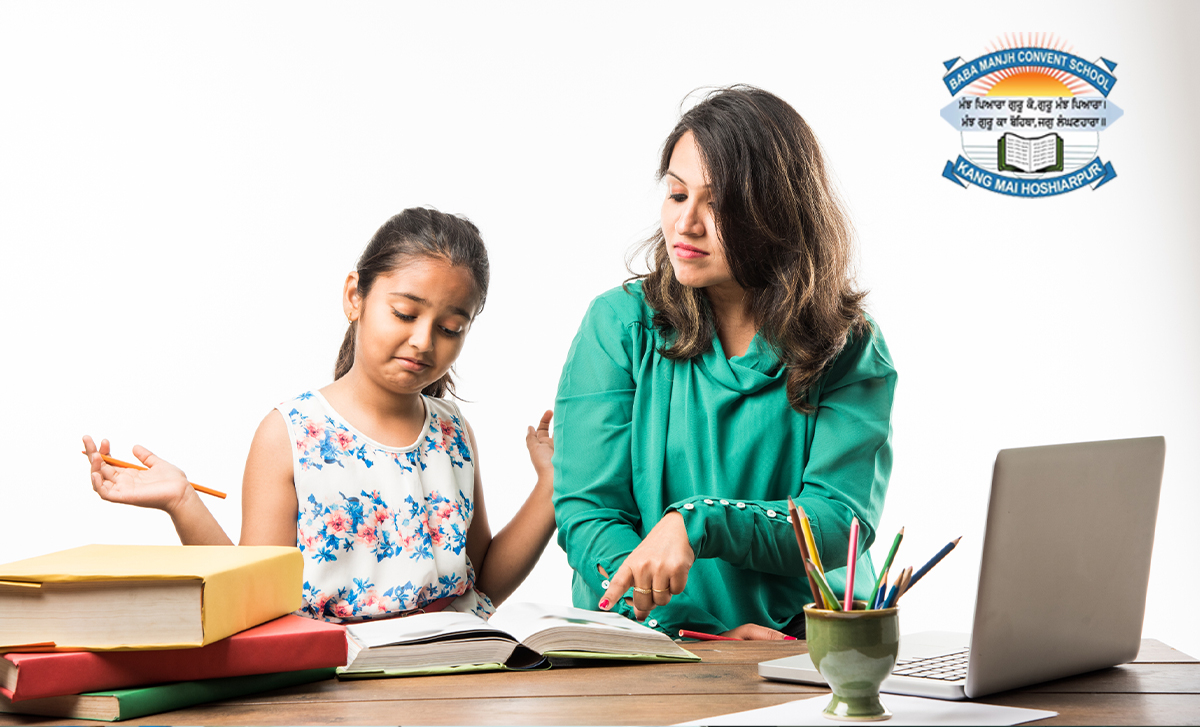
25 Dec How to Cultivate Problem-Solving Skills in Young Students
In a rapidly changing world, the ability to solve problems creatively and effectively is a crucial skill for young students to develop. As educators and parents, it is our responsibility to nurture these problem-solving skills in our future innovators. In this blog, Baba Manjh Convent Senior Secondary School, the Best School in Hoshiarpur will explore practical strategies and techniques for fostering problem-solving skills in young students, paving the way for their success in an increasingly complex and dynamic world.
Understanding the Importance of Problem-Solving Skills
Problem-solving skills are not only essential for academic success but also for navigating real-world challenges. By honing these skills from a young age, students are better equipped to tackle complex issues, think critically, and become proactive leaders in their communities.
Encouraging Creativity in Problem-Solving
Creativity is at the heart of effective problem-solving. Encouraging young students to think outside the box, embrace unconventional solutions, and explore different perspectives is vital. By fostering a creative mindset, students can approach challenges with innovation and an open-minded attitude.
Integrating Problem-Solving Activities into the Curriculum
Incorporating problem-solving activities into the curriculum is a powerful way to cultivate these skills. Whether it’s through interactive puzzles, group projects, or real-life scenarios, hands-on experiences provide students with the opportunity to apply critical thinking and develop their problem-solving abilities in practical contexts.
Emphasizing Collaboration and Communication
Effective problem-solving often involves collaboration and communication. Encouraging students to work in teams, engage in discussions, and express their ideas fosters an environment where they can learn from diverse perspectives, exchange insights, and collectively tackle complex issues.
Embracing Mistakes as Learning Opportunities
Mistakes are an inevitable part of the problem-solving process. It’s crucial to create a supportive environment where students feel comfortable taking risks, making mistakes, and learning from them. By reframing mistakes as valuable learning opportunities, students can develop resilience and a growth mindset.
Empowering Students to Identify Real-World Problems
Encouraging students to identify and address real-world problems empowers them to apply their problem-solving skills to meaningful issues. Whether it’s environmental sustainability, social justice, or community challenges, nurturing a sense of social responsibility equips students with a purpose-driven approach to problem-solving.
Celebrating Success and Continuous Improvement
Recognizing and celebrating students’ problem-solving achievements, both big and small, boosts their confidence and motivation. Additionally, emphasizing the importance of continuous improvement fosters a mindset of lifelong learning and growth, laying the foundation for future success.
Conclusion
Developing problem-solving skills in young students is a multifaceted endeavor that requires a combination of creativity, practical application, collaboration, and resilience. By integrating these strategies into educational programs and fostering a supportive learning environment, one of the top CBSE School in Hoshiarpur empowers the next generation to become adept problem-solvers and innovative thinkers, poised to make a positive impact on the world.

Sorry, the comment form is closed at this time.